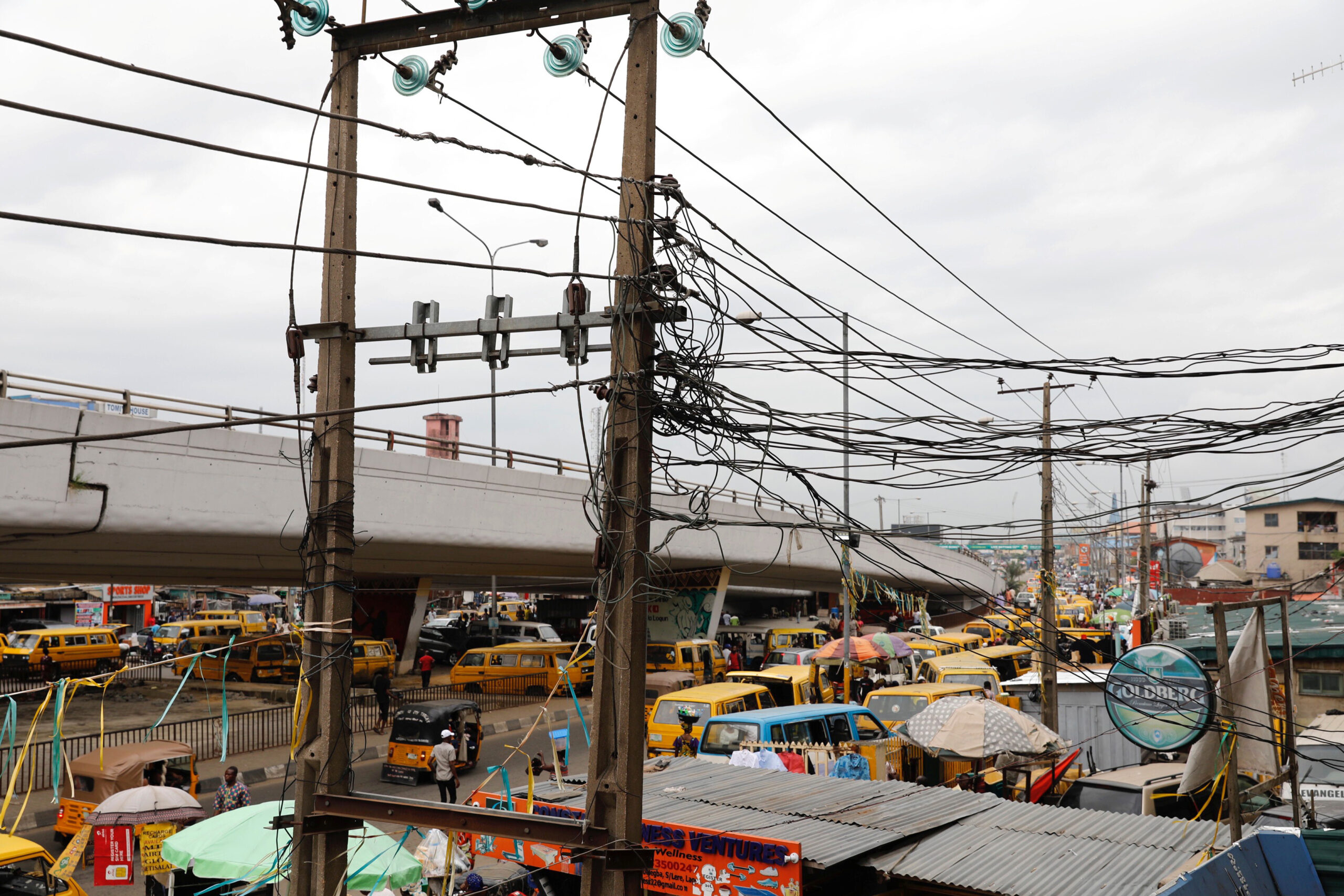
Nigeria’s fragile power supply wavered again this week as the national grid operator imposed selective load shedding to avert a total blackout.
Electricity output plunged sharply after striking oil and gas workers disrupted fuel supplies to plants that keep the country’s grid alive.
The strike, launched by the Petroleum and Natural Gas Senior Staff Association of Nigeria, follows the dismissal of more than 800 unionised workers.
Their protest has rippled far beyond refinery gates, choking gas supplies and leaving the grid dangerously short of the fuel it needs.
According to the Nigerian Independent System Operator, generation sank to 3,200 megawatts from above 4,300 just a day earlier.
The decline forced officials into rationing electricity across the nation, prioritising stability over fairness in a desperate balancing act.
Power failures are a familiar burden in Africa’s largest economy, but this latest crisis underscores how fragile the system remains.
With industries reliant on steady energy and households already strained by high living costs, the sudden shortfall deepens national anxiety.
Union leaders insist the strike will continue until the sacked workers are reinstated, warning that the dispute could escalate further.
Government officials are yet to outline a clear path to resolution, while businesses brace for rising costs and communities endure dark nights.
Nigeria’s reliance on gas-fired power has long made the grid hostage to labour unrest and supply chain disruptions.
Each outage brings not just inconvenience, but a reminder of the precarious foundation beneath the nation’s economic ambitions.
As the standoff drags on, the grid operator’s tactical load shedding is less a solution than a fragile thread holding back collapse.
Whether the lights remain on in coming days may depend not on technical fixes, but on dialogue between labour and state.
